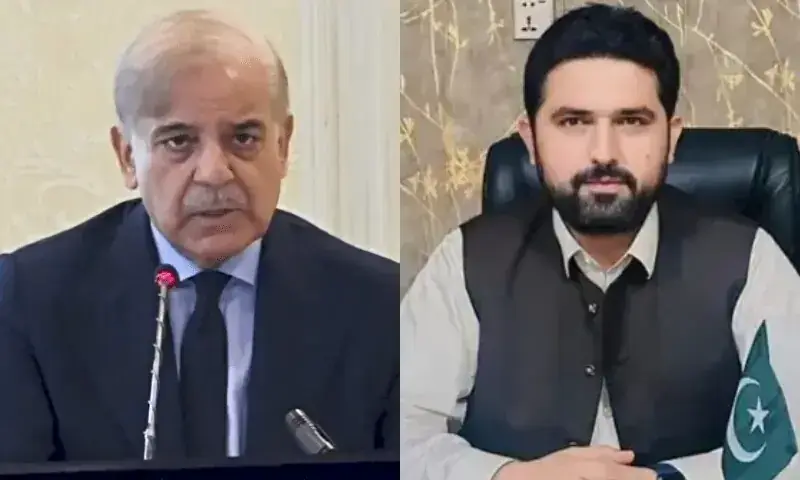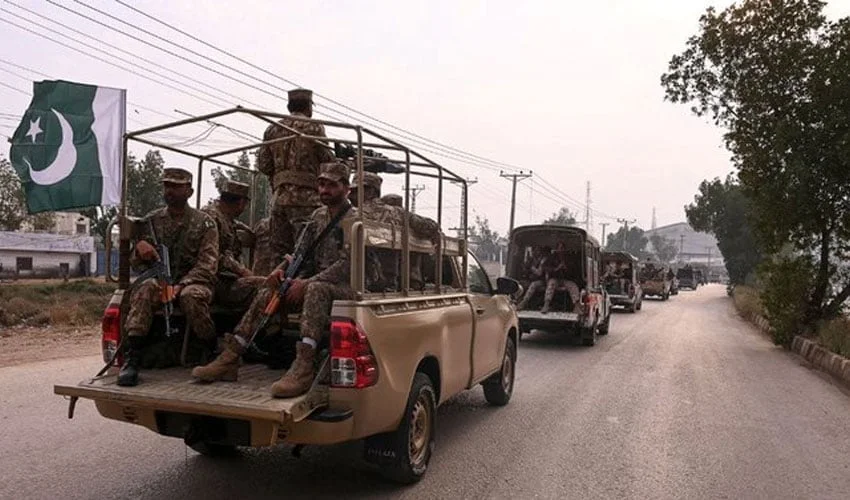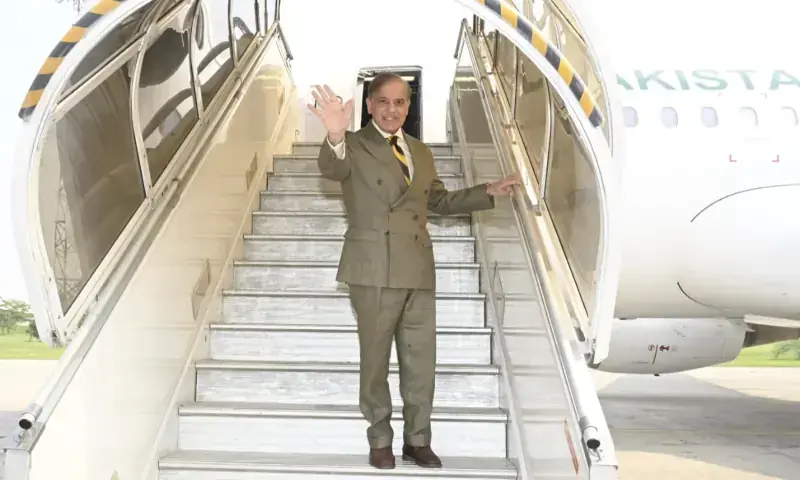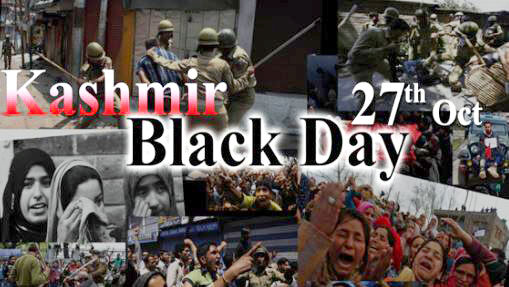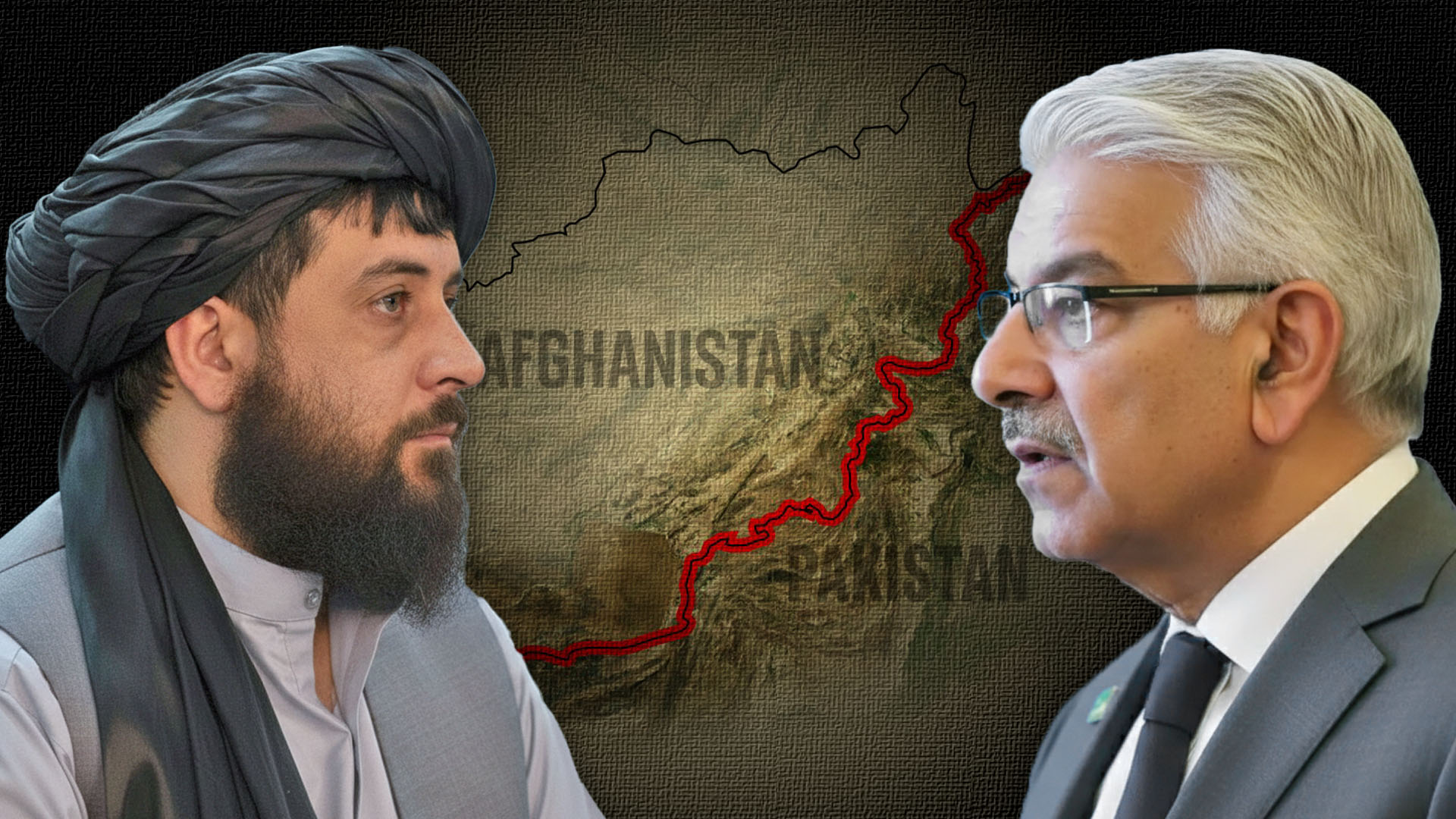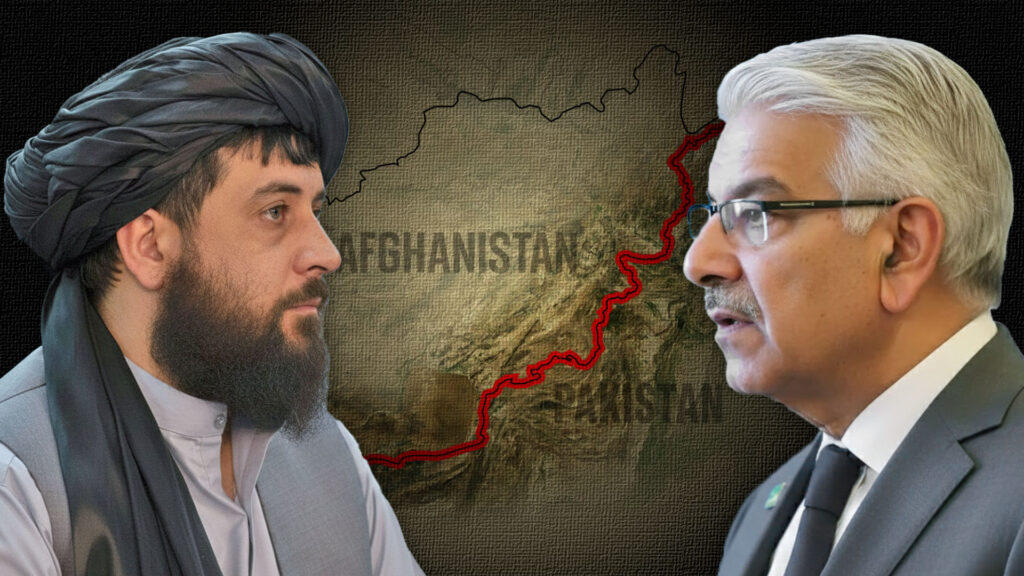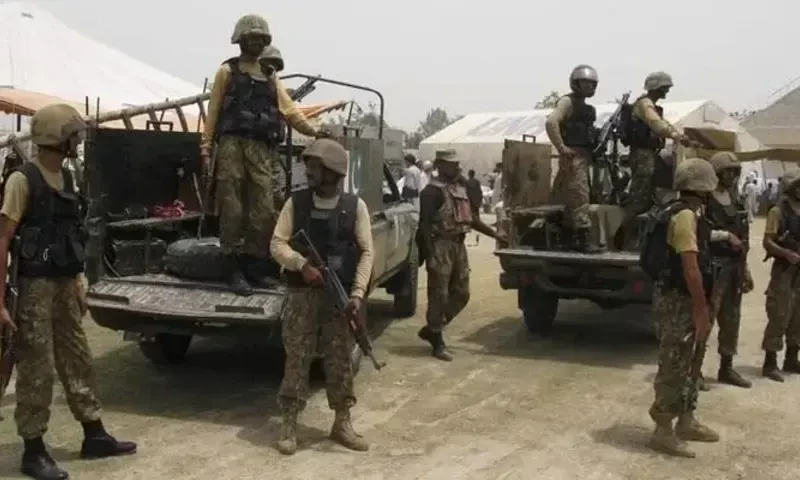By Riaz Hussain
Khyber Pakhtunkhwa’s newly elected Chief Minister Sohail Afridi has begun his term with an open challenge to Islamabad, accusing the federal government of policy failures, funding negligence, and strategic disarray in the war against terrorism. His statements made in a series of public gatherings and cabinet meetings have sparked renewed debate over Pakistan’s fragile federal structure and the politicisation of counter-terror efforts.
Political Assertiveness and Critique of Federal Policy
Since taking office in mid-October, the Pakistan Tehreek-e-Insaf (PTI) leader has positioned himself as both a provincial nationalist and a critic of central governance. Afridi accuses the federal government of “incomplete security strategies” and “delayed fund releases,” arguing that these failures have directly contributed to the recent resurgence of terrorism across KP’s tribal and settled districts.
“The people of KP have suffered the most in this war, yet our police are left with outdated tools while terrorists rearm,” Afridi said, vowing to restore “provincial security control” and morale among local forces.
His administration has vowed to resist any “unilateral federal operations” within KP’s borders — a stance seen by analysts as an attempt to assert provincial autonomy but one that also risks operational fragmentation in national security efforts.
Security Backdrop: The Return of Militancy
Afridi’s rhetoric comes amid a visible uptick in militant attacks in districts such as Dera Ismail Khan, Tank, and North Waziristan. Security officials confirm that banned outfits have attempted to regroup and exploit the administrative gap between provincial and federal forces.
However, critics warn that Afridi’s confrontational posture could undermine counter-terror coordination. A senior journalist, Fakhar Kaka Khel, told Khabar Kada that the political confusion in KP’s leadership “has emboldened extremist elements.”
“If you don’t allow operations, then you create safe spaces for militants. The chief minister’s village itself has seen such groups becoming chief guests at public events,” Khel said, warning that “dialogue with extremists” will only push Pashtun society into “a closed street.”
He added that both provincial and federal institutions have deteriorated from universities to hospitals and that “violence has become a societal norm,” fueled by a lack of education and coherent language or identity policy at the national level.
Institutional Strain and Constitutional Fault Lines
Under Pakistan’s 18th Constitutional Amendment, policing and law and order are provincial subjects, while counter-terrorism and intelligence coordination fall under federal jurisdiction. This blurred boundary has become the epicenter of the KP–Islamabad conflict.
According to Peshawar-based journalist Reffat Ullah Orakzai, the situation has reached a critical point:
“Despite expectations of cooperation, CM Sohail Afridi has adopted a confrontational posture, similar to previous PTI leadership. His absence from federal security briefings and refugee policy meetings reflects deep mistrust, which directly affects coordination against terrorism.”
With 70–80% of KP’s budget dependent on federal transfers, prolonged political friction threatens to stall development projects and cripple administrative functionality, particularly in terrorism-affected districts where reconstruction and policing require close federal support.
PTI’s Political Calculus: Populism over Pragmatism
Observers view Afridi’s defiance as a calculated political manoeuvre — reviving PTI’s populist narrative of victimhood and “federal neglect.” His speeches in Karak, Kohat, and Bannu have mixed pro-military sentiment with anti-federal rhetoric, appealing to youth and provincial pride.
Afridi’s promise to “protect PTI workers” from what he calls “politically motivated cases” has raised alarm among security officials, who fear that such politicisation could weaken police neutrality and embolden local networks under political patronage.
This rally-style governance relying on street support and rhetorical resistance may reinforce Afridi’s political capital but risks distracting from governance and undermining institutional coherence.
Operational Implications and Expert Warnings
Security experts outline several emerging risks due to the political standoff:
Fragmented Command: Lack of trust between Islamabad and Peshawar weakens intelligence sharing among ISI, MI, and the KP Police.
Delayed Response: Administrative disputes slow counter-terror actions, especially in border zones.
Police Morale: Constant criticism and resource deprivation demoralise security personnel in high-risk districts.
Border Friction: Afridi’s calls for a larger provincial role in managing Afghan-border security could overlap with federal foreign policy — a domain beyond provincial jurisdiction.
Experts warn that such fragmentation could allow militant networks to exploit governance paralysis, especially as Afghan-based groups attempt to re-enter KP through porous frontiers.
Scenarios and Outcomes
Scenario description impacts, co-operation and Reconciliation. Both governments negotiate joint funding and operational mechanisms. Strengthens national counter-terror efforts, improves police capacity.
Administrative Stalemate continued political hostilities block coordination. Paralyses counter-terror operations and delays development.
A major attack exposes systemic weaknesses. Politicises security institutions, erodes public trust, and damages national stability.
Policy Recommendations
For the Federal Government: Release pending counter-terror funds transparently.
Establish a Joint KP–Federal Security Coordination Cell. Avoid politicising law enforcement dialogue.
For the KP Government:Replace rhetorical defiance with written policy frameworks.
Appoint a full provincial cabinet to restore departmental coherence. Engage constructively in federal briefings on security and refugees.
For Civil Society and Media: Demand transparency on counter-terror allocations and outcomes. Promote evidence-based reporting instead of partisan narratives.
Chief Minister Sohail Afridi’s rise marks a new chapter in Khyber Pakhtunkhwa’s turbulent relationship with Islamabad. His assertive tone resonates with local frustration over decades of neglect — yet his resistance to coordinated security efforts risks deepening institutional fragmentation at a critical moment.
As terrorism resurges and economic challenges mount, Pakistan’s democratic structure faces a test: whether political competition can coexist with unified national security.
If confrontation continues to replace cooperation, KP’s fragile peace and Pakistan’s broader counter-terror strategy may both stand in jeopardy.

